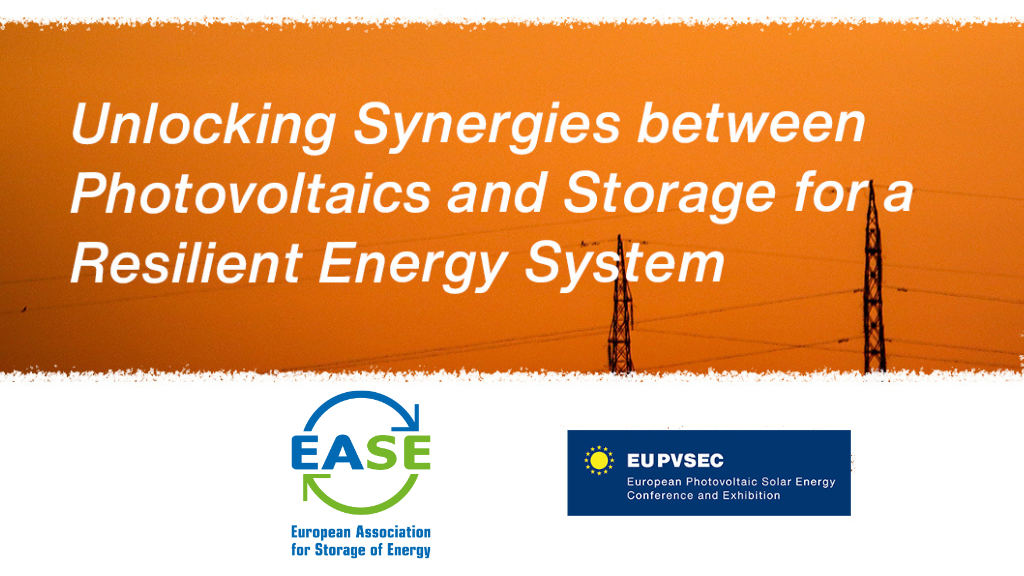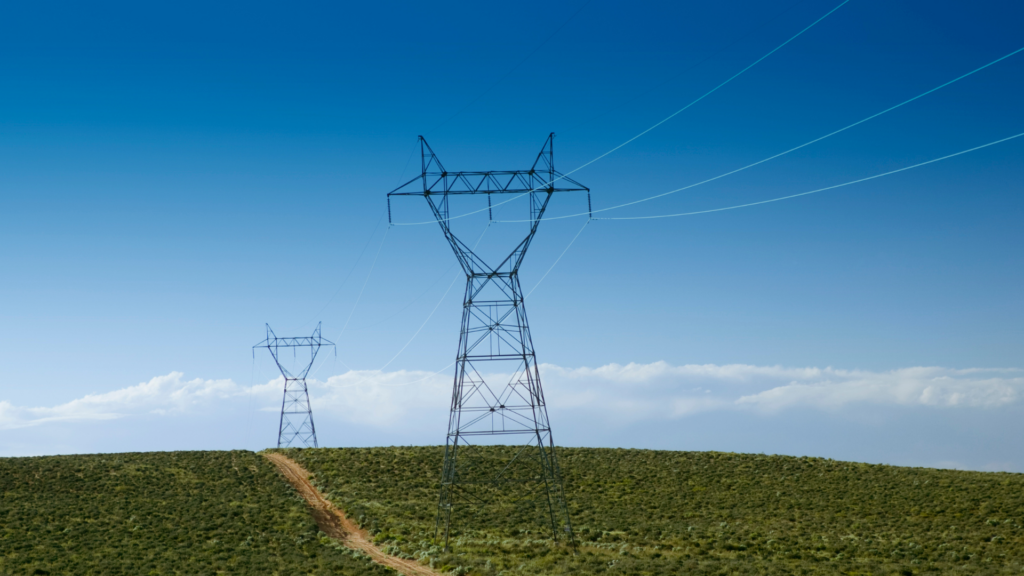September 2018 / Policy Papers - Responses to Public Consultations
The Future of Energy Storage in the EU
In the framework of the Electricity Coordination Group, which gathers electricity experts from each Member State, EASE submitted a response to the European Commission's Public Consultation on the future of energy storage in the European Union.
Energy storage technologies are playing a valuable role in the transition to a low-carbon energy system. In the future energy system characterised by very high shares of variable renewables and electrification of heating, cooling, and transport, energy storage will be fundamental to ensure a stable, secure, and efficient operation of the
energy system.
EASE welcomes the efforts of the EU institutions to support the deployment of energy storage. Some key actions should be carried out by the EU institutions to further boost storage deployments:
- Working on the implementation of the Clean Energy Package:
- Making sure that energy storage is covered by the network codes and that technical specificities of storage technologies are recognised.
- Assessing how the provisions regarding ownership of storage by regulated entities could be applied in the most cost-effective way. Could regulated entities and market players make contractual arrangements that would reconcile, on the one hand, compliance with competition rules and, on the other hand, shared ownership and/or the operation of an energy storage facility?
- Promoting the development of appropriate market products, reflecting new needs arising from higher shares of intermittent renewables. Markets should be designed in such a way that they will enable energy storage to participate without any unjustified barrier. To support the market-based development of the energy storage sector, the EU regulatory framework should enable revenue stacking: enabling a storage facility to provide various services to various stakeholders (generators, consumers, network operators) and ‘stack’ multiple revenues, therefore improving the business case for storage.
- Encouraging and facilitating by all means innovative and experimental implementation of energy storage solutions, provided those support future flexibility and stability needs of the electricity system. It is crucial to give the largest possible freedom to storage owners/operators as well as to offtakers of storage services (including regulated entities) in order to experiment innovative operation and remuneration schemes.
- Further promoting sectoral integration:
- Following-up on High-Level Roundtable on Sectorial Integration
- Recognising the importance of storage in decarbonising the transport, heating and cooling sectors, e.g. in the Strategy for long-term EU greenhouse gas emissions reductions in accordance with the Paris Agreement
- Supporting energy storage RD&D funding:
- Horizon Europe
- Connecting Europe Facility
- ETS Innovation Fund
- Encouraging a dedicated debate on grid charges/fees/tariffs applied to storage facilities. Coordination at EU level is sorely needed, and it merits discussion whether and to what extent storage should contribute to grid costs, given that storage usually alleviates grid constraints.




